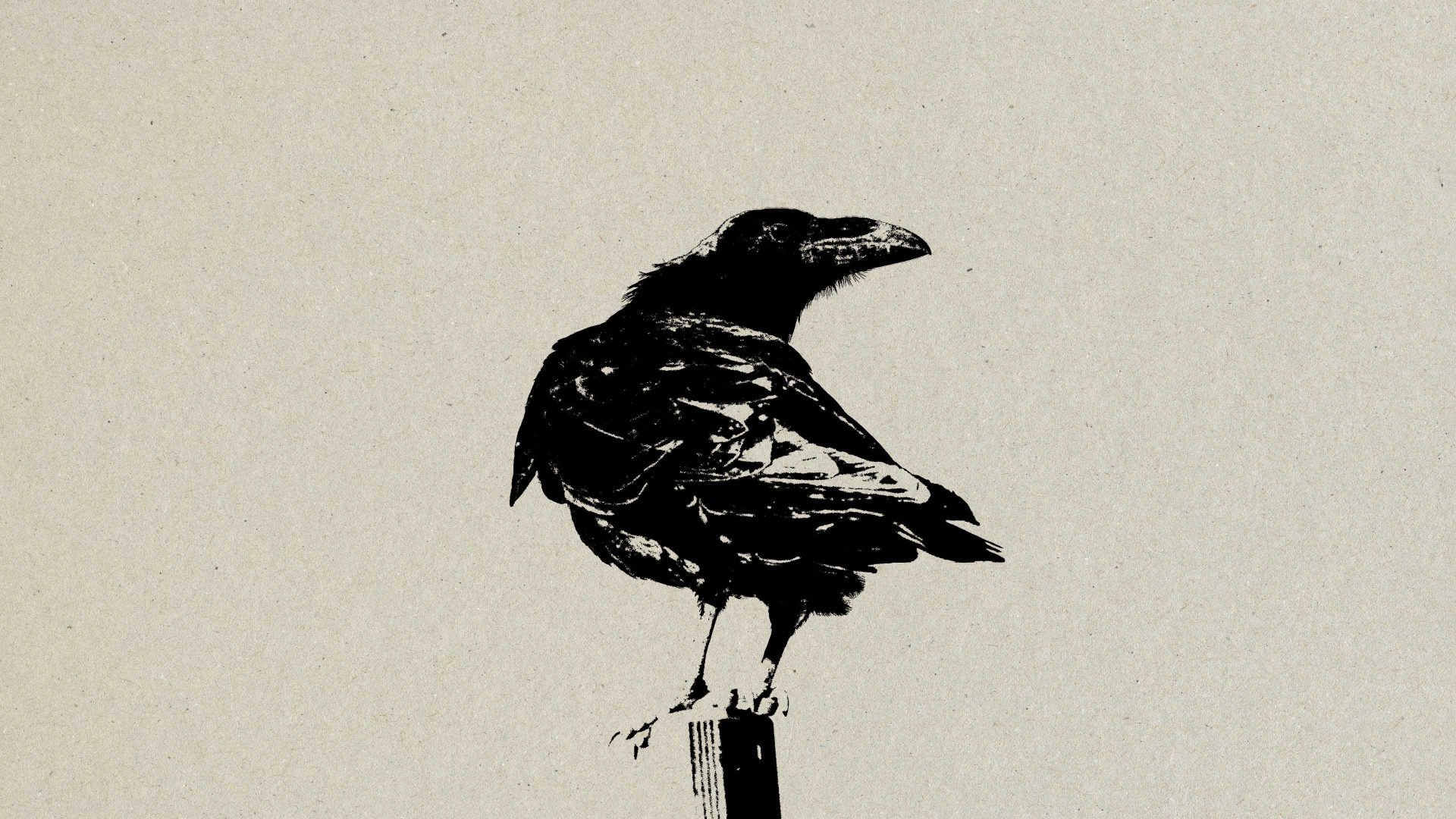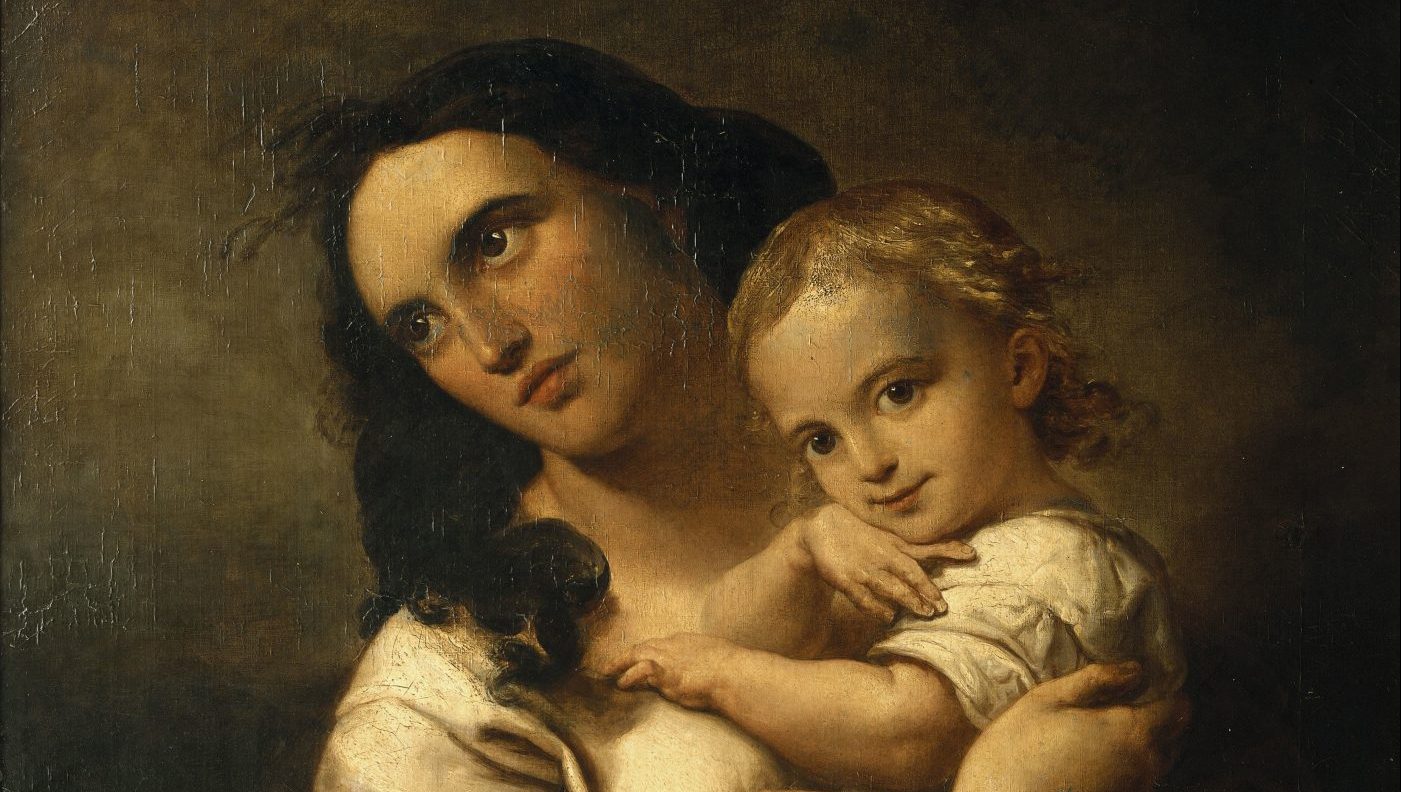On the grassy bluffs of Brockwell Park, looking down over Brixton and the inner London ’burbs towards the thicket of skyscrapers in the City, I became transfixed by a crow. Or, to be more accurate, by the reaction of two children to the oily-black creature scavenging its way over the hill. One was a toddler of about 18 months, and he was absolutely obsessed by the bird, barrelling after it, both arms outstretched and uttering cries of what might have been
delight, murderousness, or both. The other child – towards whom the toddler was herding the bird – was around four, and she was utterly uninterested in the creature, preferring to sit cross-legged on the grass, eyes down on the mobile phone cradled in her lap.
They are fascinating creatures, corvids – I remember years ago, being part of a panel at the Royal Society where a debate was being held on animal intelligence. The late Doris Lessing – the writer and Nobel Laureate – who was famously an animal-lover, was on the panel as well, together with a specialist in corvids, who had circulated an academic paper before the event in which an extensive study of crows’ food-caching habits was analysed. As I
recall, the take-home from this was that the birds had an extraordinary capability, not only to establish and maintain scores – if not hundreds – of little food dumps, but also to deceive other creatures as to their whereabouts. The only possible conclusion was that the crows possessed an
intelligence that necessarily entailed some form of consciousness.
Observing the disparity between the two children’s reactions to this crow made me wonder: is it that the individual human moves through some of the same stages as we have, collectively, as a society, in our attitudes to the rest of the animal world? After all, people in agrarian communities retain all sort of folkloric perceptions of the creatures around them, ones that implicitly acknowledge the possibility of their having self-awareness: a croaking carrion-eater with black plumage, these birds are often figured as feathery Cassandras. But for city dwellers – 83% of the British population, as of 2020 – they’re just another scavenger of old sandwich wrappers, takeaway cartons, and the rest of our foodie detritus.
It’s only very young children who remain instinctively attracted to the animal life they see around them – whatever those animals may be. Soon enough this biophilia is beaten out of them by the relentless electronic pulsion of mediatisation, and the totalising capabilities of the anthropic
world. When I ask my students how much of Britain they believe to be “built up”, if we take this to mean areas in which 75% or more of every square kilometre is covered by roads, hardstanding or buildings, they often give answers in double figures – the reality is less than 1%. Marx said that people see nothing around them but their own productions – but this is purblindness that is itself socially induced.
Anyway, I thought of the crows again a few days later, attending a book launch for my old friend, Penny Phillips, whose When Cherry Lost Terry features a large cast of conscious and mutually assisting animals, from ones a British child might conceivably see rootling in the bins – foxes, badgers, cats and mice – to exotica such as antelopes and whales, which, given the relentless pace of the Sixth Great Extinction, they’re unlikely ever to encounter outside the confines of a television or computer screen. Beautifully illustrated by Clare Mallison, this is a book that – if my own long experience of reading aloud to small children is anything to go by – will instantly appeal to its target audience. The trouble is, as per my observation of the crow and the toddler, this is a small demographic – and possibly
one that’s shrinking.
What do we think and feel, as adults, when we read stories such as these to our small charges? Are we still able to lose ourselves in the whimsical prelapsarian realms they conjure up? Or do we consider the harsh fact that we’re cooing over representations of phenotypes whose genotypes our very lifestyles are relentlessly exterminating? I wouldn’t go so far as to say that reading When Cherry Lost Terry to kids is a bit like reading a book such as The World of Yesterday, in which Stefan Zweig describes the Jewish bourgeois society of Vienna before it was destroyed by the exterminatory Nazis, but the analogy has some validity.
I’m certainly not of the school who believes that children’s books have no literary significance – think Alice in Wonderland – but nonetheless, our kidult culture, which positively celebrates its own arrested development with multimillion-pound franchises such as the Harry Potter books and films, would do well to consider from time to time whether an obsession with fantastic beasts is really a means of repressing the way we’re speedily turning real ones into… myths.



